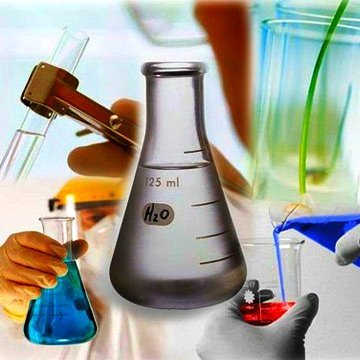Zeolite a increases proliferation, differentiation, and transforming growth factor β production in normal adult human osteoblast-like cells in vitro

Silicon in trace amounts enhances bone formation, and the silicon-containing compound zeolite A (ZA) increases eggshell thickness in hens. In the studies reported here, treatment of nearly homogeneous strains of normal human osteoblast-like cells for 48 h with ZA at 0.1–100 μg/ml induced a dose-dependent increase (r = 0.35, P < 0.001) in DNA synthesis (n = 31) to 162 ± 16% (mean ± SEM) of control and in the proportion of cells in mitosis (n = 4) from 9.1 ± 1.8 to 27.0 ± 4.5% (r = 0.69, P < 0.005). ZA treatment also increased alkaline phosphatase activity (P < 0.05) and osteocalcin release (P < 0.05) but did not significantly affect collagen production per individual cell.
The mitogenic action of ZA was dependent on cell seeding density over the range of 1250–40,000 cells per cm2, which is consistent with induction of an autocrine factors). TGF-β is a potent mitogen for osteoblasts. ZA treatment increased the steady-state mRNA levels of transforming growth factor β1 (TGF-β1) and induced the release of the latent form of TGF-β protein into the conditioned medium within 6 h. We conclude that ZA induces the proliferation and differentiation of cells of the osteoblast lineage.






